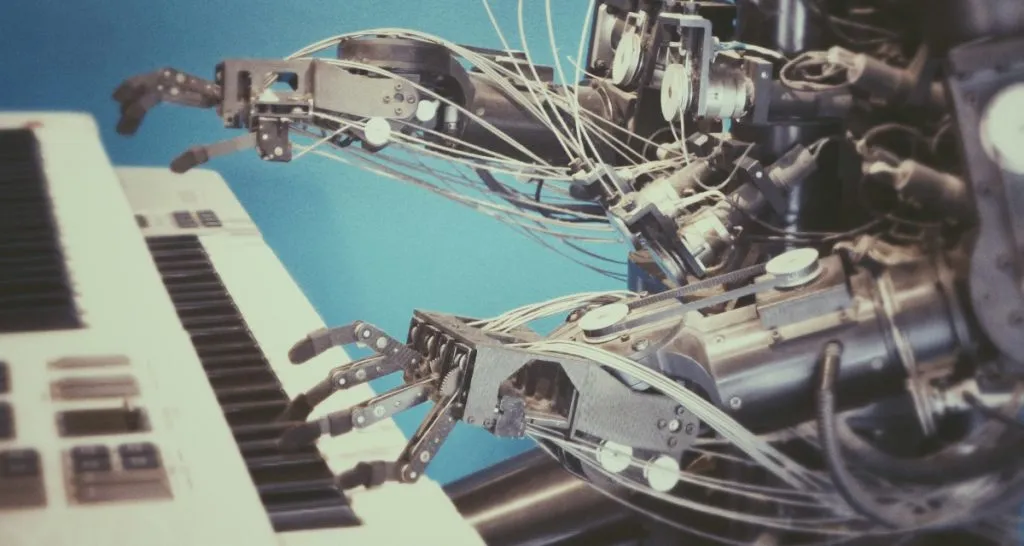About 10,000 AI tracks are being uploaded to Deezer daily, according to the platform. Photo Credit: Possessed Photography
Is it time to begin separating AI tracks and human creations on streaming services? Perhaps, as a staggering 10,000 “fully AI generated tracks” are making their way onto Deezer daily, according to the platform.
The Access Industries subsidiary disclosed as much today, in a formal release unveiling the rollout of its AI music detector. Per Deezer, which moved to patent said detector last month, the tool currently specializes in pinpointing AI tracks pumped out via prominent players such as Suno and Udio.
Moreover, the technology can “add on detection capabilities for practically any other” generative model – provided “there’s access to relevant data examples,” the company explained. Deezer is also making “significant progress” in developing a system “to detect AI generated content without a specific dataset to train on.”
Of course, that “increased generalizability” will be important in the coming months and years, with all manner of additional AI music generators undoubtedly on the way.
But even as things stand, Deezer’s tool is seemingly effective. As described by the Paris-headquartered business, the detector is “discovering that roughly 10,000 fully AI generated tracks are delivered to the platform every day.”
This represents about 10% of Deezer’s “daily content delivery” – which, notwithstanding the service’s small size relative to Spotify and Apple Music, evidently adds about 100,000 tracks daily.
Incidentally, Luminate earlier in January pointed to a daily average of 99,000 new recordings arriving on DSPs in 2024, down about 4.4% from 2023.
And Spotify on its website currently touts providing access to “over 100 million tracks.” Deezer, for its part, emphasizes “access to over 120 million tracks.”
Without digging too far into the involved subject, it’s worth reiterating that Spotify last year said it’d paid out (after promptly flagging the relevant uploads) less than 1% of the royalties behind an alleged multimillion-dollar AI music scam. But the platform’s competitors haven’t been quite as upfront about their own roles in the alleged scheme.
In any event, Deezer today indicated that most of its “daily delivery of AI tracks are never streamed” at all – while simultaneously acknowledging that the tidal wave of machine-made audio is “diluting the catalog and may be used for fraudulent activity.”
Longer term, one needn’t stretch the imagination to see how the disconcerting trend could threaten artistry on multiple levels. And though it might seem like an overreaction now, the initially mentioned possibility of aggressively isolating human creations from AI outputs (with regard to access as well as royalties) on DSPs could prove prudent.
Closer to the present, Deezer head Alexis Lanternier, whose company is further developing an AI auto-tagging tool, has already confirmed plans to exclude artificial intelligence audio from recommendations.
“Generative AI has the potential to positively impact music creation and consumption,” Lanternier said in part, “but its use must be guided by responsibility and care in order to safeguard the rights and revenues of artists and songwriters. Going forward we aim to develop a tagging system for fully AI generated content, and exclude it from algorithmic and editorial recommendation.”

